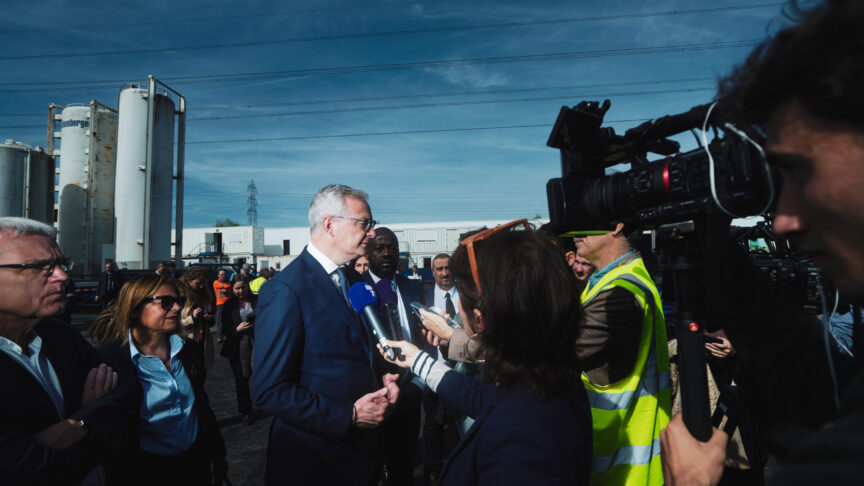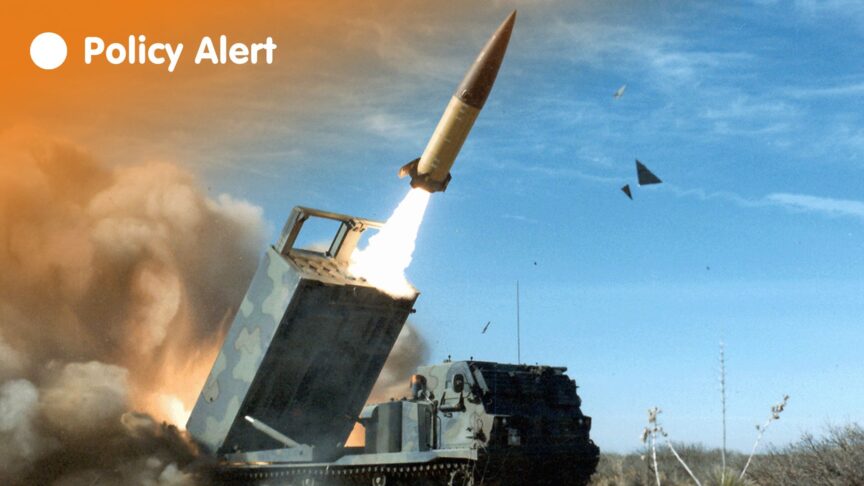Direction of force: The EU’s Strategic Compass
The demands on EU crisis management, both military and civilian, have constantly risen, but there is a lack of the necessary means and political will to act collectively
The deterioration of the security situation on Europe’s periphery in the last decade has raised expectations about the European Union’s contribution to crisis prevention, stabilisation, and peacebuilding. Unfortunately, the trend on the ground speaks another language. While the EU has strengthened its operational structures and capabilities on paper, its member states have made little use of them. Today, there are far fewer missions and operations under the Common Security and Defence Policy (CSDP) than there were at the CSDP’s inception. Since the Lisbon Treaty entered into force in 2009, EU crisis management has primarily concentrated on capacity-building and training. When member states have voted in favour of an EU mission or operation in the European Council, they have subsequently shown little willingness to provide the forces required for it.
There has been no shortage of possible operational scenarios. A mission to prevent the seizure of vessels in the Strait of Hormuz, for instance, is precisely the kind of activity for which the CSDP was created. Yet there was no joint CSDP mission in the strait. Instead, under the leadership of France, a coalition of eight willing countries took on the task outside the institutional EU and NATO framework.
The Strait of Hormuz mission is just one example of a larger trend in European security – namely, the increasing emergence of coalitions of the willing. Given the consensus-based – and, therefore, often cumbersome – decision-making process within the EU framework, those member states that see an urgent need for action are increasingly moving outside formal CSDP structures. France is the main driver of this development. The prevailing conviction in Paris is that the mission defines the coalition – and not vice versa. Instead of waiting for everyone in the EU to agree, France wants to work pragmatically with European states that are “willing and able”, including the United Kingdom and Denmark.
Of course, Brexit is a huge additional driver of ad-hockery in European security. This especially true given that, as the UK’s 2021 Integrated Review made clear, ‘Global Britain’ prefers to work bilaterally or multilaterally with individual EU member states and not submit to the institutional constraints of the union.
Thus, the two states in Europe that have not only the capability but also the willingness to engage militarily have turned their backs on an EU framework for operations. If EU crisis management operations are not backed by the political will of the member states – and the bloc is, therefore, unable to respond collectively to increasing external demands – more and more member states will question the value of the CSDP.
In the course of the current reflection process for the Strategic Compass, member states should discuss which types of missions and operations the EU really wants to engage in. Do they see the future of EU crisis management as being primarily in training and equipping partner countries, while the heavy lifting takes place outside the EU framework? Or do they have more ambitious plans? Should the EU have a role in high-intensity operations, or should it concentrate on lower-intensity tasks? Depending on the answers to these questions, the EU must reorganise its approach to crisis management and, consequently, its level of ambition. Nothing would be worse for the bloc’s credibility than widening the already-huge gap between rhetorical ambition and the reality of EU defence.
Germany has a clear interest in a strong CSDP that also includes a substantive military operational capability. Berlin wants to strengthen the EU as a defence actor and fears that a proliferation of smaller formats thwarts this effort. For constitutional reasons, the Bundeswehr has difficulty participating in out-of-area operations led by coalitions of the willing outside the framework of the EU, NATO, or the UN. Therefore, the emerging trend to conduct a growing number of operations in flexible ad hoc formats puts a lot of pressure on, and has met with resistance from, Berlin.
If Germany and other members states want to strengthen the EU’s joint crisis management and make it more flexible and ambitious, they should address the following three points in the ongoing debate about the Strategic Compass.
Instead of waiting for everyone in the EU to agree, France wants to work pragmatically with European states that are “willing and able”
Firstly, as German Minister of Defence Annegret Kramp-Karrenbauer proposed at the Munich Security Conference in 2020, EU member states could look into the implementation of Article 44 of the Treaty on European Union. Article 44 states that the European Council may “entrust the implementation of a task to a group of member states which are willing and have the necessary capability for such a task”. While operations under Article 44 would continue to be decided unanimously by the Council of the EU and placed under the oversight of the Political and Security Committee, they could allow for a more rapid and flexible response. Article 44 is certainly no silver bullet, but it could still make it more attractive for member states to contribute forces and capabilities to operations.
Secondly, if the bloc plans to rethink its approach to partnerships in the wake of the Strategic Compass, one of its considerations should be how to make it more appealing for non-EU European countries to participate in EU missions through existing mechanisms. One approach could be to give them better and earlier access to planning documents, as well as to increase their involvement in strategic review processes. Even if the current UK government does not appear to be interested in any such involvement, this does not have to remain the case for all time.
Thirdly, the bloc should seek to make non-EU multinational formats as complementary and beneficial to the EU framework as possible. For example, the EU could find ways to make the forces involved in the Takuba operation in the Sahel and EUTM Mali work together more closely and effectively. With its reconnaissance and training components, Takuba could complement the EU’s engagement with and make an effective contribution to the fight against terrorism.
In future, Europeans will be more dependent than ever on working closely with one another. If the EU is to be the central framework for this, it will need to become more flexible, agile, and attractive.
This text was drafted on the basis of discussions at two workshops involving French, Polish, and German participants organised by the European Council on Foreign Relations and the German Federal Ministry of Defence on 9 February and 12 February 2021.
The European Council on Foreign Relations does not take collective positions. ECFR publications only represent the views of their individual authors.



